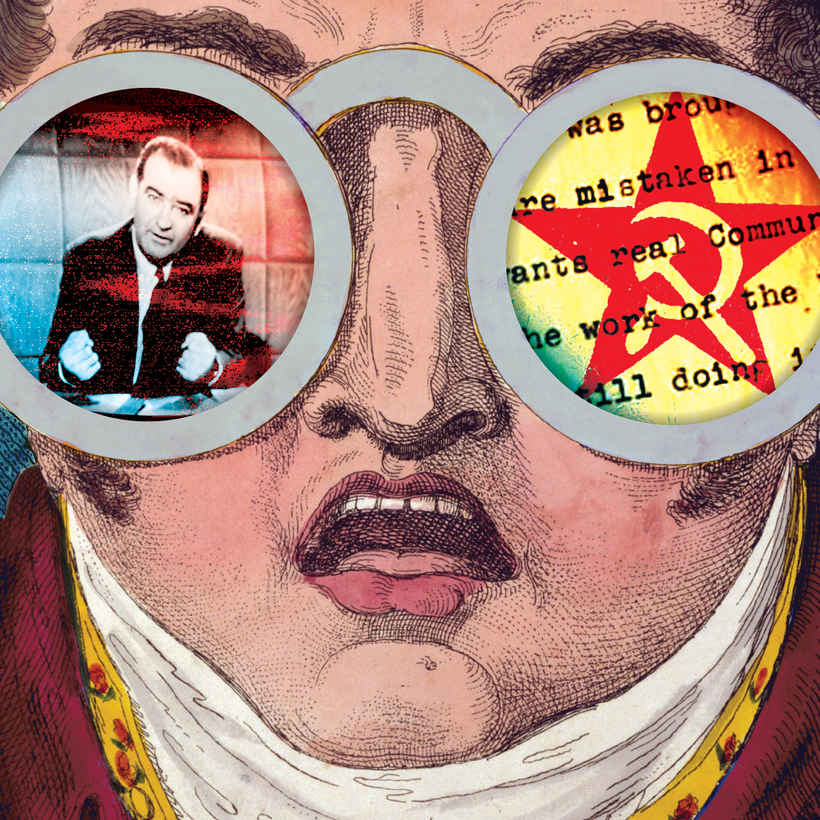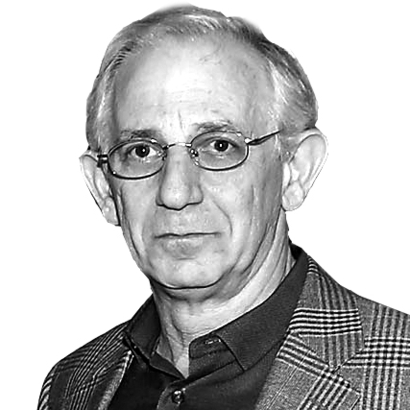When my mother died, four years ago, my brother and I cleared out her apartment. Because I was going to handle her final tax returns, I took initial possession of her files.
Going through them was a melancholy task. Except for the financial records, I put it off. A few months ago, though, I finally culled through them.


